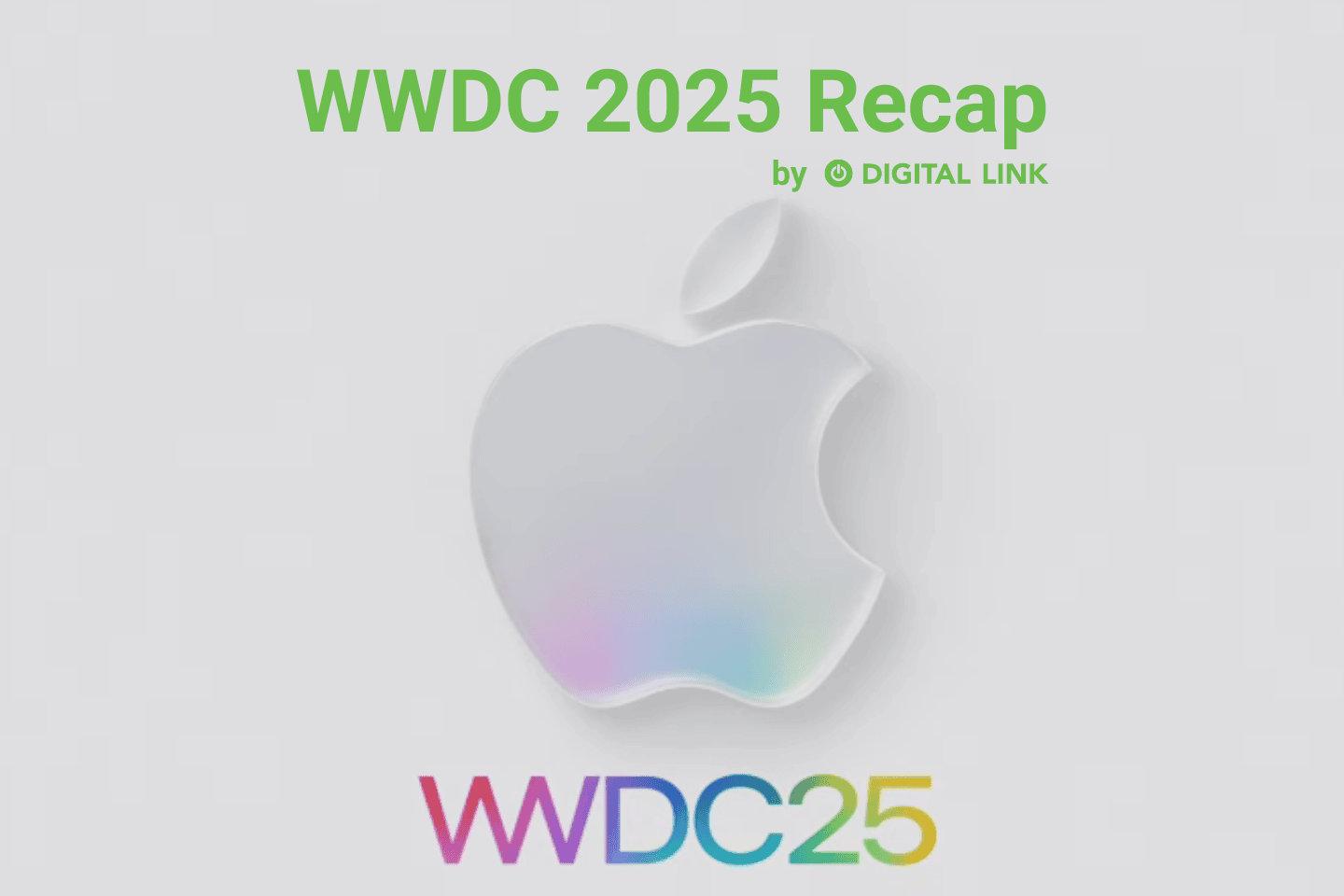
If you live in Canada, there’s a very good chance that you’ve been contacted at some point by an individual (or robot voice) claiming to represent the Canada Revenue Agency (CRA) and bearing scary news about money you supposedly owe the agency.
Scams of this sort have been around for a long time, of course, but the COVID-19 pandemic and the resulting economic insecurities have been a boon for scammers the world over. In particular, the Canadian government’s implementation of the Canada Emergency Response Benefit (CERB) has proven to be particularly fertile grounds for criminals looking to make hay off of pandemic pandemonium.
The Canadian Anti-Fraud Centre maintains a list of COVID-19-related scams making the rounds. These run the gamut, from fraudsters posing as CRA agents to fake cleaning companies offering air filters and other products that can supposedly protect from the virus.
The CRA also has online resources aimed at protecting Canadians from CERB-related scams. In particular, it advises against following the instructions of any caller who uses threatening language (e.g. threats to call the police) or requests that you “act immediately”.
Most people, upon receiving such calls and having their suspicions raised, will terminate the call as quickly as possible. But what happens when you simply let them do their dirty business? That’s what we at Digital Link wanted to find out, and had the opportunity to do so recently. Not only that, but we also live-tweeted the entire exchange with the hashtag #CRAscamlive.
So what happened?
You can read the entire tweet-a-thon yourself on our Twitter page. But, in short, it involved a fake car ride (complete with realistic car noises supplied via YouTube) to a fake bank, a fake deposit of money at a Walmart or Western Union—both of course preferred Canada Revenue Agency financial partners—and amusing exchanges with CRA “agents” with names like Miles Davis and Mike Hurt.
Suffice it to say, in the end no money was exchanged, although some profanity may have been.
As amusing as this exchange was, CRA scams are serious business indeed, and not all are as transparently absurd as this one was. From donation tax shelter schemes to telephone and email phishing scams, The agency encourages anybody who suspects they may have been duped by a fraudster to contact the CRA either online or at 1-800-959-8281.
Be sceptical. Be safe. And if you’re like us and you have an excess of time on your hands (and who doesn’t these days?) you can always do what we did and try trolling the scammers when they come calling. So long as you don’t actually do what they ask you to do, you’re perfectly safe.
Just be sure you’re sitting next to a computer so you can access some timely sound effects.
Liked this article?
We are adding more useful articles to our blog every week! Join our subscribers to stay up to date on digital security, marketing, and social media trends.
By entering your email, you agree to receive our monthly newsletter. You can unsubscribe at any time!


